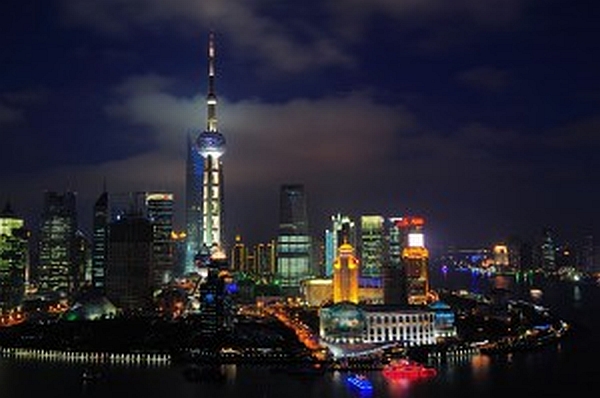
December 15, 2014, by Student blogger
China and I
By Samuel Tholley, UNNC summer school student
From a very young age I have always been fascinated with East Asian culture. Witnessing the Western portrayal of an Asia country locked in an epoch of ancient martial arts, mysticism, secrecy and staple food, accentuated by inaccurate/orientalist media, had stimulated my interest in this part of the world that seemed so far away. Despite the manufactured and exaggerated view of China that instigated my interest, as I grew older I became aware of the Western world’s tendency of presenting East Asia as a hegemonic, unilateral nation burdened with the stereotypical and fictional portrayal of its people.
Consequently, some of my preconceived notions of China prior to the summer school included an expectation of land to be largely industrial rather than agrarian, a significant number of Chinese citizens staring at me due to an unfamiliarity with my hue and an assumption that I would see traditional Chinese culture (or at least what I thought was ‘traditional’ ‘culture’ based on the Western media’s portrayal of China) assimilated into everyday life.
Upon my arrival in China I was surprised to witness how largely agrarian the landscape was. Although the industrialised and economically prosperous cities are evidence of China’s booming economy, seeing multiple acres of vegetation, rice and tea fields reminds one that even though China’s economy is growing at a rapid rate, it is a continuously ‘developing’ country rather than a ‘developed’ one. As expected, I also received a lot of blank/confused stares of which I assume was due to my hue. I felt that the situation was slightly funny and I also felt slightly honoured that the Chinese people were so fascinated by my appearance. For those who took pictures of me, I attributed ignorance and surprise as the basis for their behaviour. Nonetheless, I felt that if I was the first ‘black’ (based on the socially constructed phenomenon we call ‘race’) person they had seen, then conducting myself in an appropriate manner lacking any hostility towards the photographers and smiling at everyone would at least (hopefully – ambitious I know) create a positive first impression of people with the same or similar hue as myself. Lastly, although a little part of me really wanted to see the West’s exaggerated portrayal of feudal China with elements of Chinese culture such as Confucianism, martial arts and Feng Shui conspicuously imbedded into everything I saw, this was simply not the case. However, I did not view this in a negative light. Rather, the densely populated, largely industrialised and urban-orientated culture I often found myself immersed in (particularly evident during a weekend trip to Shanghai) was symbolic of China’s unmatched dynamism and unrivalled economic growth.
It’s one thing to hear of China’s miraculous economic growth, but completely different thing to physically witness it.
However, one cannot help but think ‘at what cost has this rapid economic growth occurred’? Considering that there are 56 distinct ethnic groups in China, with the Han being the majority, have they all benefited from this ‘Chinese dream’? How integral is the meritocratic and tightly engineered political system of the CCP to China’s success? No country in this world is void of social, economic and political problems no matter how incredible it’s rate of growth and I am sure China is no different. Nonetheless, they have become a model for the world to follow as they are expected to overtake the USA as the world’s largest economy in 2016.
As a sociology student I often discuss theoretical concepts about the importance of viewing different cultures from a non-ethnocentric perspective to avoid bias or essentialist views. Thus, visiting China has given me the opportunity to learn about how it has developed compared to the “Western world”. Some argue that Western attitudes influence China’s development but since attending this summer school I have learnt that China has taken its own path and has successfully managed to retain many of its traditions. With 22 provinces, 56 distinct ethnic groups, more than a fifth of the world’s population, possessing an economy that has grown at an annual rate in excess of 9% since the 1970s, and is now recognised as the world’s largest exporter and second largest economy, China encompasses an unrivalled myriad of social, political and economic factors that places it as a super power on the world stage.
This post was originally published on the UNNC School of Contemporary Chinese Studies’ blog.
No comments yet, fill out a comment to be the first

Leave a Reply